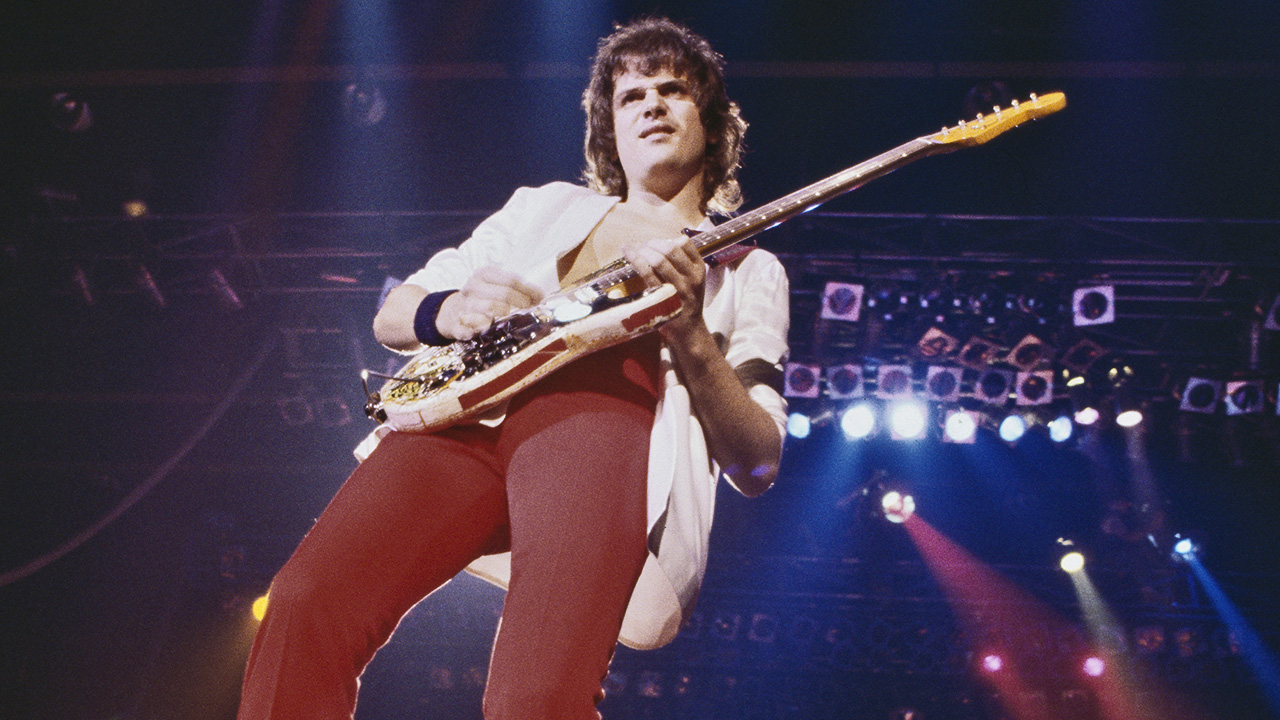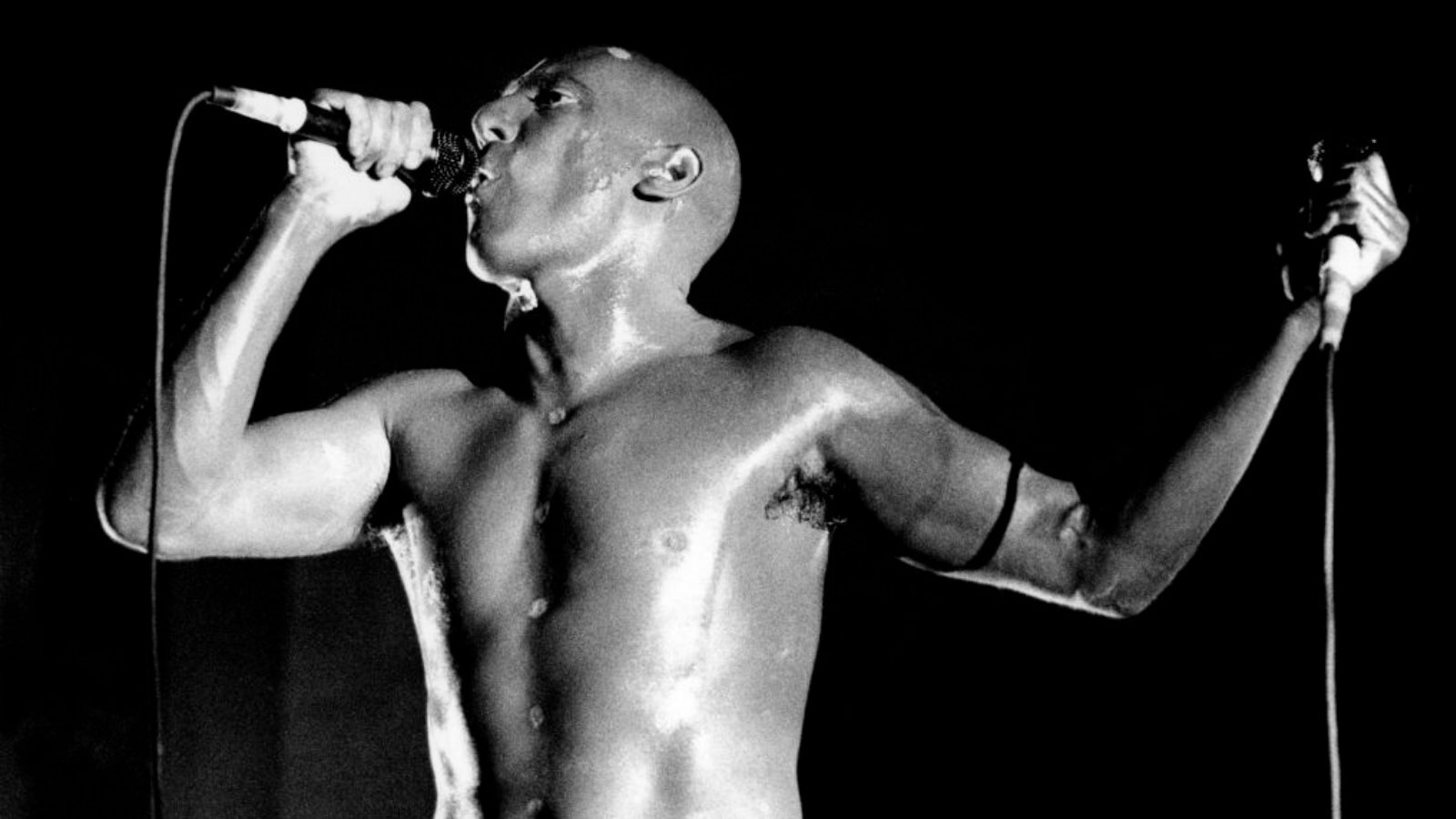“The bad blood was there from the start. There was no cohesiveness and the atmosphere between certain people was very toxic”: Trevor Rabin was trapped in hell with Yes as they made Big Generator
The guitarist, keyboardist and unwilling producer saw the band’s internal relationships buckling under intense external pressure to make an album as successful as 91025

Yes weren’t the first band, and won’t be the last, to find themselves under external pressure after having released a massive album.
Their 11th record, 90125, had been a difficult project, but it had brought the band a new generation of fans; and after a year on tour it was time to consider the follow-up. Which is when the pressure kicked in.
Vocalist Jon Anderson was keen to take the fresh audience out for a test-drive and he how much wild prog they’d accept. But Trevor Horn, who’d been appointed as producer, was more aligned with the record label’s desire to make repeat versions of hit track Owner Of A Lonely Heart.
“When an album comes out and it’s so successful, and the process of making it has been so peculiar, you then realise that you have a bunch of guys that have never really worked together, apart from being onstage,” guitarist Trevor Rabin told Prog in 2023.
“I didn’t really know Jon at all, but by this stage, Chris was like a brother to me, and that continued after I left the band. I loved Alan and Tony too.”
That love was to be tested, especially with Tony Kaye, who found himself marginalised by Horn. The pair had endured disagreements in the past, and now the producer had the keyboardist working in a different room. It’s hardly a surprise that he struggled to achieve his best work.
“The record company had no idea what had gone down during the recording of 90125,” Rabin said. When Horn’s name came up, “Tony said, ‘No way.’ It became clear that Trevor was going to do it, but he wasn’t going to work well with Tony. Trevor wanted me to do most of the keyboards again.
Sign up below to get the latest from Prog, plus exclusive special offers, direct to your inbox!
“After their experience on 90125, the bad blood between Tony and Trevor was there from the start. Trevor and I would listen to Tony’s parts, and I wouldn’t always like what I was hearing; but I would be diplomatic because I didn’t want to be anti-Tony. It was all very delicate.”
Rabin added: “I have to say that onstage, Tony Kaye was just perfect for the band. He couldn’t have been better. But in the studio, it wasn’t quite the same.”
Yes had begun work in Castello di Carimate in Italy – an idea of Rabin’s which had not been universally embraced. Eventually it was decided that the castle wasn’t cutting it. “Unfortunately, it was a bit of a party period, so very little was achieved,” he said. “In terms of writing together, there was no cohesiveness whatsoever, and the atmosphere between certain people was very toxic.”
Horn took the band to London, but that didn’t work out either, leading the producer to quit the project, observing that the studio was more like a war zone than a creative space. Rabin took over production duties, moving the job to Los Angeles, and feeling like he’d drawn a short straw.
Big Generator, released in 1987, wasn’t the follow-up to 90125 that anyone was hoping for. Only two songs appeared on the Prog readers’ Yes top 40: Shoot High Aim Low and Love Will Find A Way – the former piece Rabin’s favourite and the latter piece a solo composition.
In the aftermath, Rabin fell ill as a result of overwork and illness, leading to the cancellation of six shows on the Big Generator tour of 1988; and Anderson quit the band to form Anderson Bruford Wakeman Howe with fellow ex-members.
But Fate, as ever, couldn’t resist intervening: future Yes singer Jon Davison first saw the band on that tour, and in 2023 he told Prog it remained the best show he’d ever attended. “I have this vivid memory of listening to And You And I from the grassy hilltop on a perfectly warm, breezy evening,” he said. “I was absolutely transfixed.”
Not only is one-time online news editor Martin an established rock journalist and drummer, but he’s also penned several books on music history, including SAHB Story: The Tale of the Sensational Alex Harvey Band, a band he once managed, and the best-selling Apollo Memories about the history of the legendary and infamous Glasgow Apollo. Martin has written for Classic Rock and Prog and at one time had written more articles for Louder than anyone else (we think he's second now). He’s appeared on TV and when not delving intro all things music, can be found travelling along the UK’s vast canal network.
You must confirm your public display name before commenting
Please logout and then login again, you will then be prompted to enter your display name.


